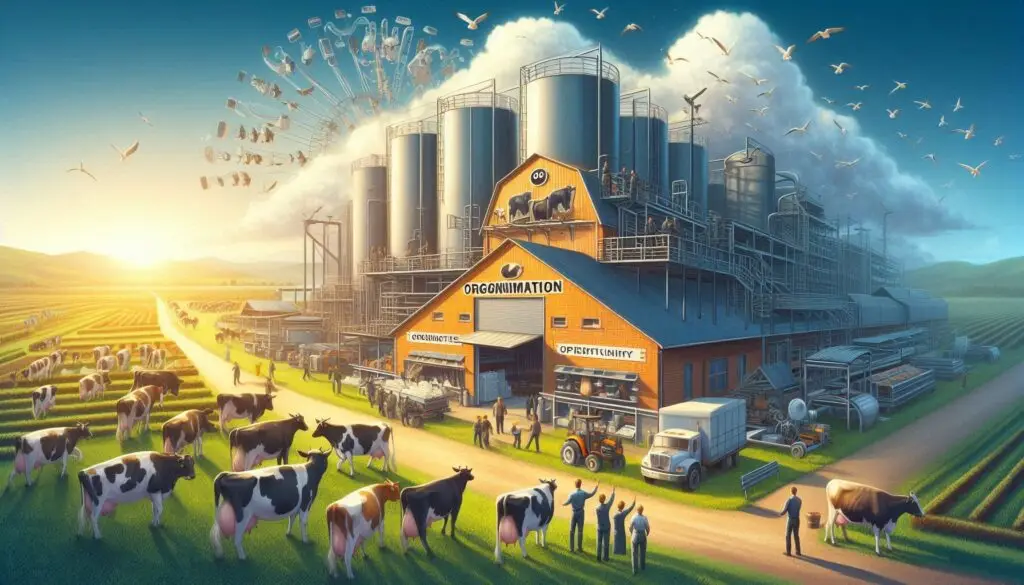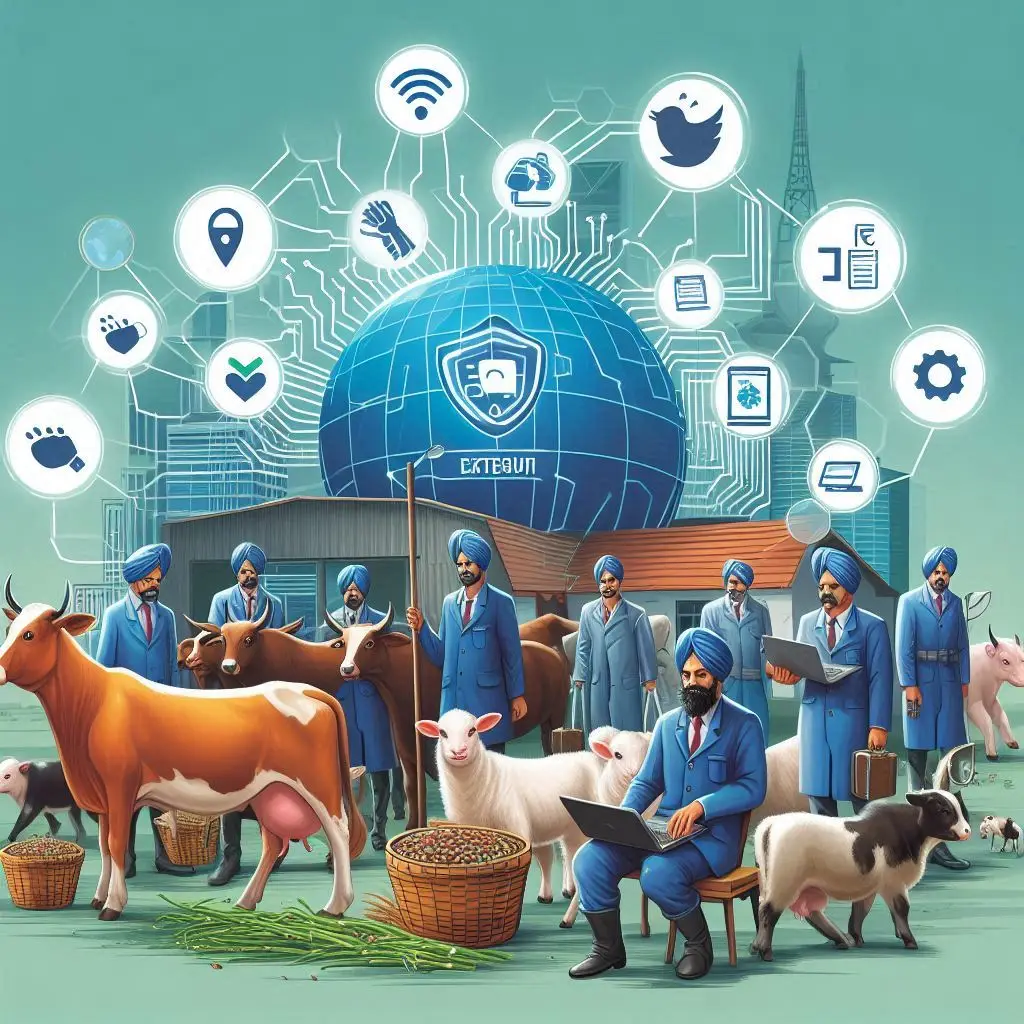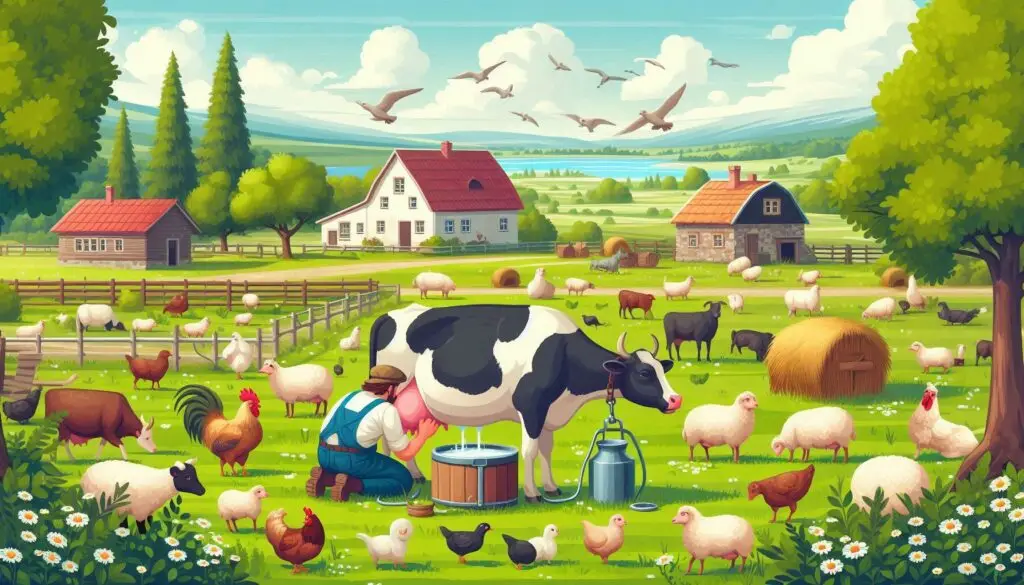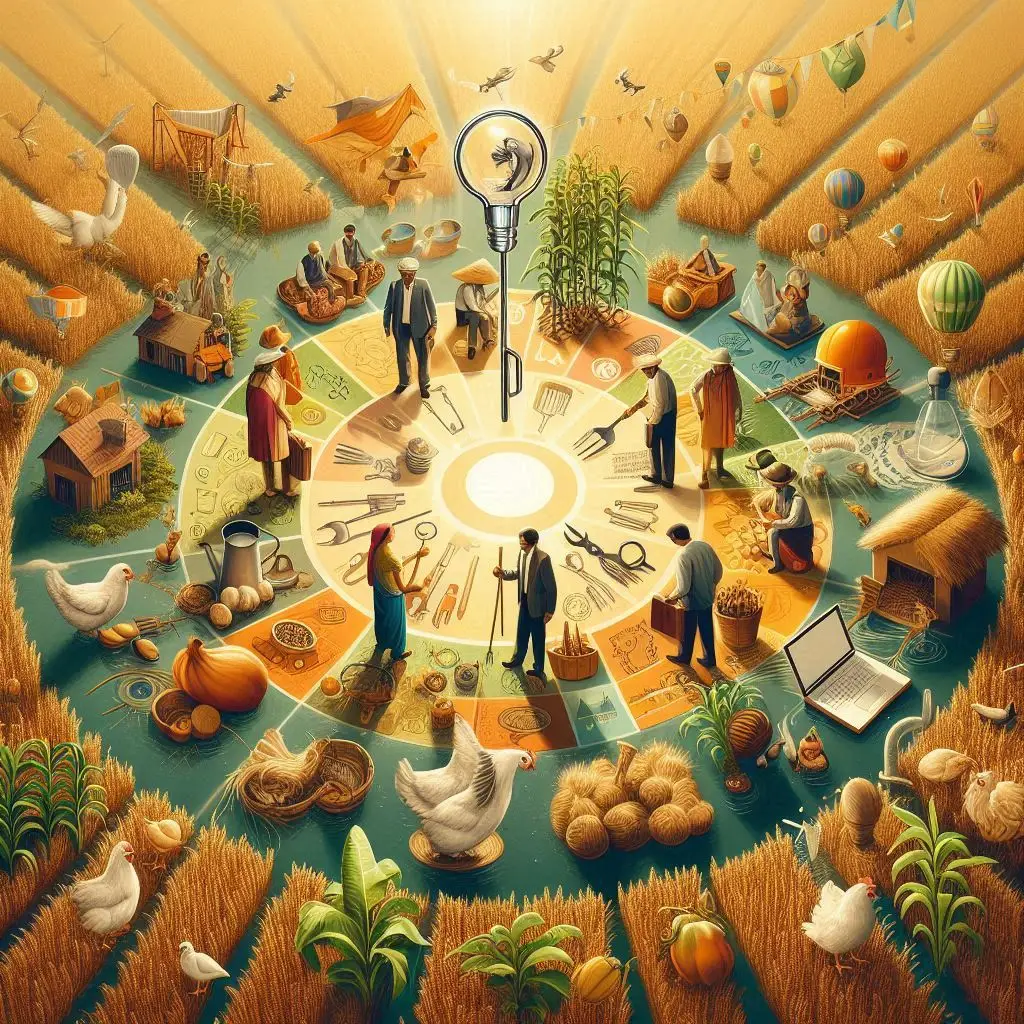Precision Dairy Farming: Revolutionizing Dairy Management

Introduction to Precision Dairy Farming
Precision Dairy Farming (PDF) is transforming the dairy industry. This innovative approach uses technology to monitor and manage dairy cows individually. By focusing on the health, behavior, and productivity of each animal, farmers can make informed decisions that benefit both the herd and the farm’s bottom line. For a deeper understanding of how technology impacts agriculture, you can explore resources from The American Society of Agricultural and Biological Engineers.
The Importance of Precision in Dairy Farming
Understanding Individual Needs
In traditional dairy farming, cows are often managed as a group. This method can overlook the unique needs of individual animals. Precision Dairy Farming changes this by providing data that helps farmers understand each cow’s specific requirements. For instance, monitoring milk production on an individual basis allows farmers to identify underperforming cows quickly.
Enhancing Animal Welfare
Animal welfare is a significant concern in modern agriculture. Precision technologies help ensure that cows receive the care they need. By using tools like wearable sensors, farmers can monitor health indicators such as activity levels and rumination patterns. This proactive approach helps in early disease detection, reducing suffering and improving overall herd health. For more insights into animal welfare practices, visit Dairy Herd Management.
Technologies Driving Precision Dairy Farming
1. Milk Yield Recording Systems
Milk yield recording systems are essential for tracking individual cow performance. These systems provide real-time data on how much milk each cow produces daily. This information allows farmers to make informed decisions about feeding and breeding strategies.
2. Activity Monitoring Devices
Activity monitors track a cow’s movement throughout the day. These devices can detect changes in behavior that may indicate health issues or estrus cycles. For more information on activity monitoring technology, check out Dairy Today.
3. Health Monitoring Sensors
Health monitoring sensors measure vital signs such as temperature and heart rate. These sensors alert farmers to potential health problems before they become serious. Early intervention can save lives and reduce veterinary costs.
4. Data Management Software
Data management software integrates information from various sources, allowing farmers to analyze trends over time. This software helps identify patterns that can lead to better management practices.
Benefits of Precision Dairy Farming
Improved Productivity
Precision Dairy Farming significantly boosts productivity. By monitoring individual cows closely, farmers can optimize feeding strategies and breeding programs. This leads to higher milk yields and better quality products.
Cost Efficiency
Implementing precision technologies can reduce operational costs in the long run. For example, early disease detection minimizes treatment expenses and reduces the need for antibiotics, promoting healthier herds.
Enhanced Sustainability
Sustainable farming practices are becoming increasingly important. Precision Dairy Farming contributes to environmental sustainability by optimizing resource use. Efficient feeding practices reduce waste and lower greenhouse gas emissions.
Challenges in Implementing Precision Dairy Farming
High Initial Investment
One of the main barriers to adopting precision technologies is the initial cost. Many farmers may find it challenging to invest in advanced equipment without immediate financial returns.
Data Overload
With so much data generated from various sources, interpreting this information can be overwhelming for farmers. Effective data management strategies are essential for making sense of the information collected.
Training Requirements
Farmers need training to effectively use new technologies. Without proper education on how to interpret data and implement changes, the benefits of precision farming may not be fully realized.
Future Trends in Precision Dairy Farming
Integration of Artificial Intelligence (AI)
The future of Precision Dairy Farming lies in integrating AI technologies. AI can analyze large datasets quickly, providing insights that help farmers make better decisions.
Increased Use of Robotics
Robotic systems are becoming more common in dairy farming operations. From automated milking machines to robotic feeders, these technologies enhance efficiency and reduce labor costs.
Greater Focus on Animal Welfare
As consumers become more concerned about animal welfare, farms will likely adopt more precision technologies to ensure high standards of care. This shift will benefit both animals and producers by meeting market demands for ethical practices.
Conclusion: Embracing Technology for a Better Future
Precision Dairy Farming is reshaping the dairy industry by leveraging technology for improved management practices. With its focus on individual animal care, this approach enhances productivity while promoting sustainability and animal welfare. As technology continues to evolve, it will play an even more critical role in shaping the future of dairy farming.
More from Livestock Production and Management:
https://wiseias.com/essential-dairy-equipment/






Your article helped me a lot, is there any more related content? Thanks! https://www.binance.info/de-CH/register?ref=UM6SMJM3
I don’t think the title of your article matches the content lol. Just kidding, mainly because I had some doubts after reading the article. https://www.binance.info/register?ref=IXBIAFVY